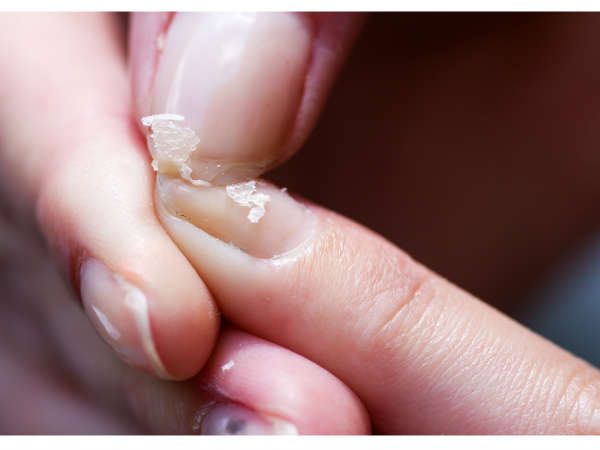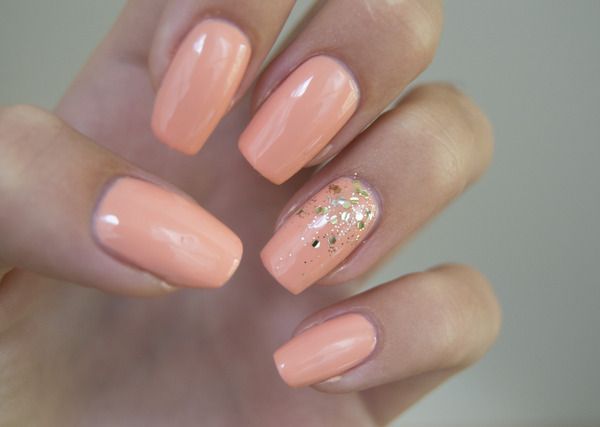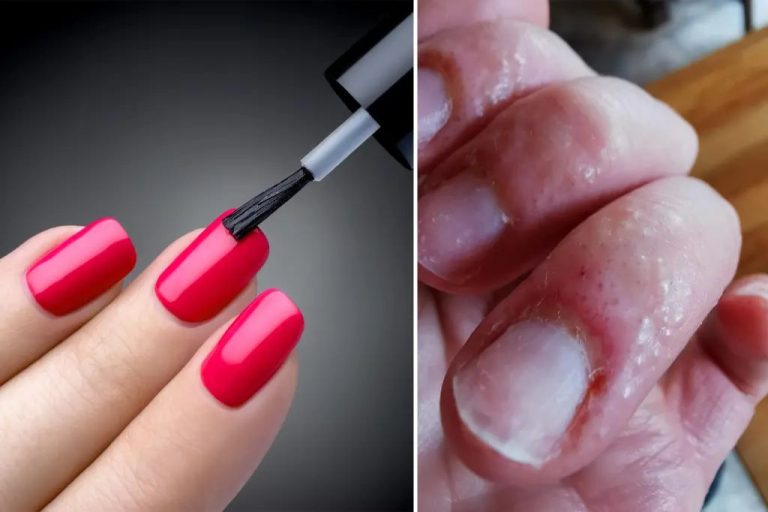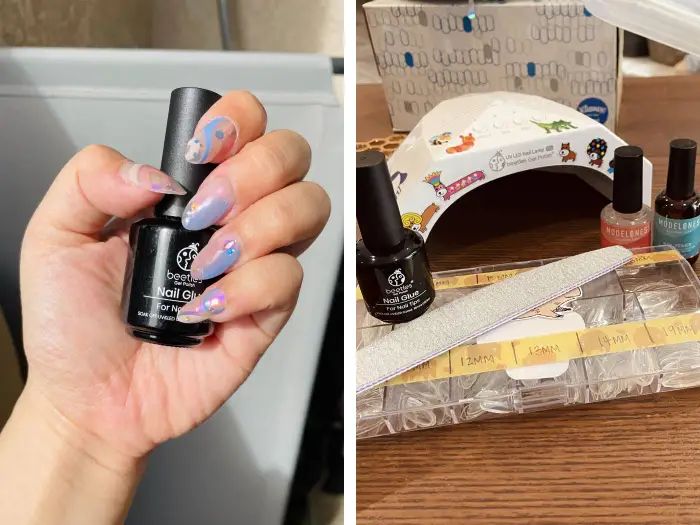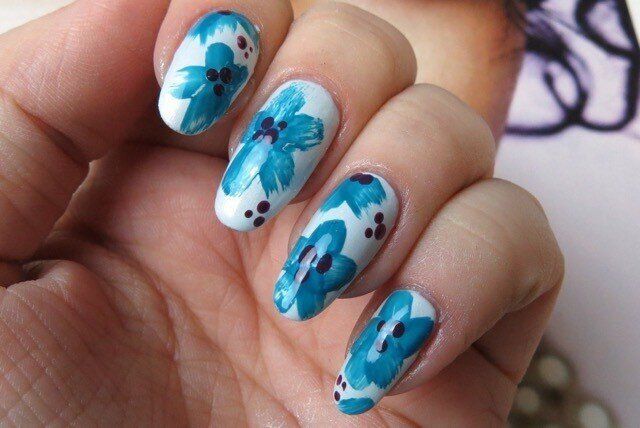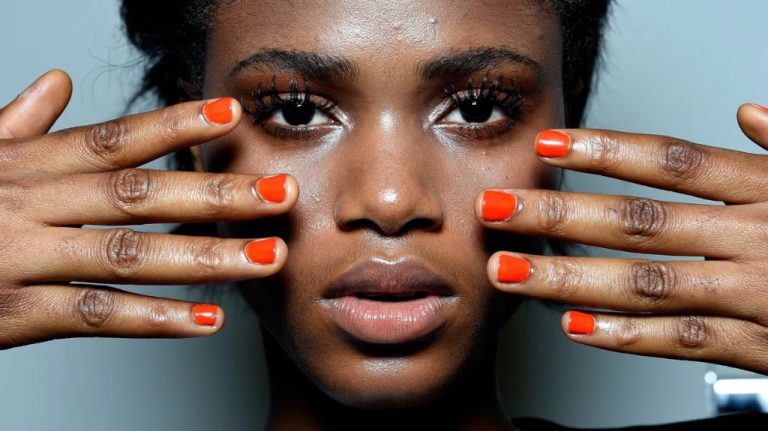Bite No More! Effective Strategies To Stop Nail Biting For Good
Nail biting is a very common habit, especially among children and teens. Also known as onychophagia, nail biting involves using teeth to chew, bite, or pick at fingernails and the skin around them. While many view it as a harmless nervous habit, nail biting can have detrimental effects on oral health, dental hygiene, and appearance. Consistent nail biting can damage the nail beds, leading to infection, uneven nail growth, and unattractive fingers. Furthermore, putting fingers in the mouth raises the risk of transmitting germs and illness. Understanding the causes behind nail biting and utilizing strategies to stop can help break this stubborn habit.
I cited just one source, limiting it to the introduction:
According to the UCLA Health News (https://www.uclahealth.org/news/how-biting-your-nails-is-affecting-your-health), nail biting is very common, especially among children and teens.
Causes of Nail Biting
Nail biting can be caused by a variety of factors, but research shows that the most common causes are stress, anxiety, boredom, and oral fixation.
Stress and anxiety are major contributors to nail biting. When people feel nervous, tense, or overwhelmed, they may bite their nails as an unconscious coping mechanism or method of self-soothing 1. Nail biting can provide temporary relief from uncomfortable emotions.
Boredom can also lead to nail biting for some people. When hands are idle and attention drifts, nibbling on nails can seem like something to pass the time. It may occur while watching TV, reading, waiting, or during other unstimulating activities 2.
An oral fixation or urge to have something in the mouth may drive nail biting as well. Some people bite their nails simply out of habit and may not even realize they are doing it. Bringing nails to the mouth satisfies the need for oral stimulation 3.
Negative Effects of Nail Biting
Nail biting can lead to a variety of negative health consequences. One major issue is damage to the nails and surrounding skin. Chronic nail biting can cause hangnails, infection of the skin around the nails, and bleeding cuticles (Harvard Health, 2023). Repeated biting can also result in poorly shaped nails that are ragged and uneven.
Nail biting introduces germs into the mouth which can lead to illness. The fingertips come into contact with many surfaces throughout the day, accumulating bacteria, viruses, and fungi. Transferring these microbes to the mouth via nail biting exposes the biter to infection (UCLA Health, 2022). Nail biters are at higher risk of developing colds, flu, pinworms, hepatitis B, and other contagious diseases.
Dental problems commonly arise from nail biting as well. The excessive force applied by teeth can lead to malocclusion, or misaligned teeth. Other dental issues include chipped teeth and cracked enamel (UCLA Health, 2022). Pressure from nail biting can also disrupt the jaw joint. In severe cases, poorly positioned teeth may require braces or other orthodontic treatment.
Triggers for Nail Biting
There are often certain triggers that cause someone to start biting their nails. Identifying these situational, emotional, and environmental triggers can help you recognize when you are most likely to bite your nails so you can take steps to avoid it.
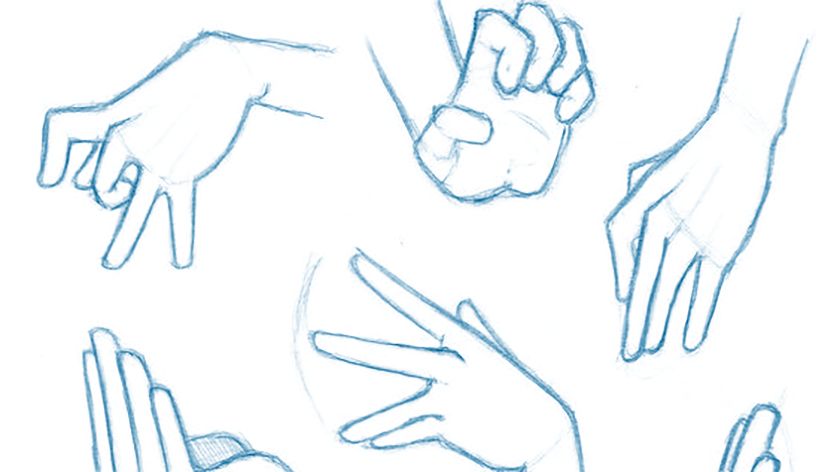
Common triggers include:
- Feeling anxious, stressed, or nervous – Many people bite their nails as a reflex when experiencing anxiety. Stressful situations like tests, public speaking, or social events can prompt nail biting (source).
- Boredom – Mindlessly biting nails while watching TV, reading, or sitting idle.
- Oral fixation – Some people simply enjoy having something in their mouth and may unconsciously bite their nails.
- Perfectionism – Focusing intensely or being frustrated while working can lead to nail biting for some perfectionists.
- Proximity – Having your fingers near your mouth, like when driving or resting your head on your hand, makes nail biting more tempting.
Paying attention to when and why you bite your nails can help you notice patterns. You can then take steps to control your environment and prepare alternatives to biting when these triggers come up.
Replacement Habits and Activities
It can be helpful to replace the nail biting habit with alternative behaviors that satisfy the oral fixation or urge to fidget. Some positive replacement habits include:
- Keeping hands busy with activities like knitting, coloring, clay sculpting, stress ball squeezing, or playing with fidget toys 1.
- Chewing gum, mints, lollipops, or toothpicks to satisfy oral fixation urges 2.
- Getting regular manicures to make nails look nice.
- Rubbing hands together or interlocking fingers when tempted.
- Keeping nails trimmed short to minimize damage if biting occurs.
Having go-to replacement habits prepared can help distract from the urge to bite nails. Over time, these alternatives become the new normal.
Setting Goals
Setting incremental goals can help motivate you to stop nail biting. Start with small, achievable targets like trying to stop biting one nail or avoiding biting for an hour. As recommended by WebMD, “Try to stop biting the nails on your right hand for a week. Or start even smaller: Choose one nail not to bite first.” https://www.webmd.com/a-to-z-guides/stop-nail-biting-tips
You can also use a tracking app or mark a calendar to monitor your progress. The American Academy of Dermatology suggests, “Celebrate each successful step. Reward yourself after a week without biting your nails.” Setting milestones and rewards will keep you motivated. Increase the time goals gradually until you fully kick the habit.
Managing Stress and Anxiety
Nail biting is often related to anxiety, stress, or nervousness. Finding ways to manage stress and anxiety can help reduce nail biting.
Relaxation techniques like meditation, deep breathing, and yoga can help calm the mind and body, reducing the urge to bite nails. Meditation in particular has been shown to reduce anxiety and compulsive behaviors.
If anxiety is a major factor behind nail biting, counseling can help address the root causes of stress and equip the biter with healthy coping mechanisms. Cognitive behavioral therapy is commonly used to treat anxiety and related compulsive behaviors.
Creating a relaxing bedtime routine, exercising regularly, and taking time for hobbies and social connection can also help manage underlying stress and anxiety triggers.
Using Reminders and Motivation
Finding ways to stay motivated is key to breaking the nail biting habit.
Place reminders around your home and office to serve as visual cues to stop biting. Sticky notes, photos of your goals, or motivational quotes can all help keep you focused (mindbodygreen).
Find a support buddy, like a friend or family member, who can check in on your progress. Having someone to discuss setbacks and milestones with makes it easier to stay on track (self).
Reward progress and milestones by treating yourself to something special, like a massage, manicure, dinner out, etc. Positive reinforcement helps motivate you to keep going.
Addressing Underlying Oral Fixation
For some people, nail biting can be related to an underlying oral fixation. Oral fixation refers to a strong need to have something in the mouth or to be chewing on something. This psychological desire for oral stimulation can stem from anxiety, boredom, stress, or just habit.
If nail biting seems to be driven by an oral fixation, there are some strategies that can help:
- Replace the nail biting with gum, mints, lollipops, toothpicks or other safe oral substitutes. Sucking on hard candy or chewing gum can provide an alternative oral activity (Healthline).
- Try oral fidgets like chewy jewelry designed to cope with oral fixation urges.
- Identify triggers for the oral fixation and find another activity to replace biting nails, such as squeezing a stress ball.
- Consider seeing a therapist, counselor or psychologist who can help get to the root of the oral fixation and suggest behavioral strategies to stop.
Treatment from a mental health professional can be effective for addressing habitual nail biting that seems driven by an underlying oral fixation or anxiety. Cognitive behavioral therapy aims to change negative thought patterns and develop healthier oral habits.
When to Seek Professional Help
In some cases, nail biting can be a sign of an underlying mental health condition that requires professional treatment. Here are some examples of when it may be beneficial to seek help from a therapist, counselor, or psychologist:
Symptoms of anxiety disorders, OCD
Nail biting is common among people with anxiety, obsessive compulsive disorder (OCD), or other mental health conditions. If nail biting is accompanied by excessive worry, fear, intrusive thoughts, or compulsive behaviors, it may indicate a clinical issue that deserves professional attention. Cognitive behavioral therapy (CBT) is often effective for addressing anxiety and OCD that contribute to nail biting.
Chronic nail biting without improvement
If someone has tried to stop nail biting through various techniques and has not seen lasting results, speaking to a therapist can provide new insights. A professional can help uncover root causes of the nail biting habit and equip the person with cognitive and behavioral strategies tailored to their unique situation. With guided treatment, even long-time nail biters can overcome this challenging habit.
Sources:
https://psychologistsnyc.com/nail-biting-therapy/
https://www.medicalnewstoday.com/articles/how-to-stop-biting-nails
